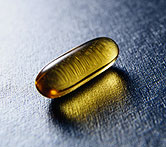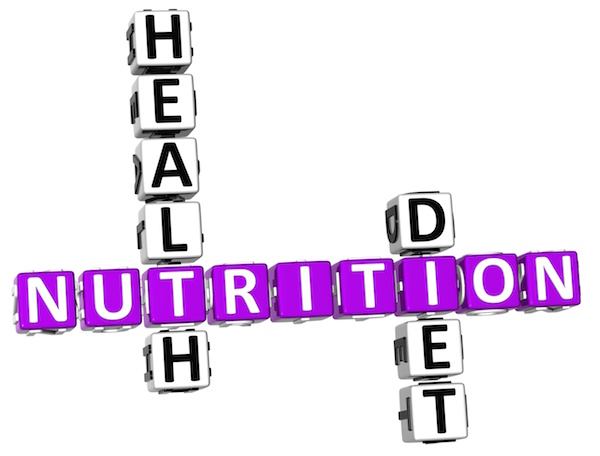
TUESDAY, Sept. 4 (HealthDay News) — Boosting vitamin D with supplements may not improve blood cholesterol levels among people who have low vitamin D levels, a new study suggests.
In the small new study of people who were deficient in vitamin D, those who received 50,000 international units (IU) of vitamin D3 for eight weeks did not show any improvements in their cholesterol profile when compared to their counterparts who received a placebo.
Those who took vitamin D showed a decrease in levels of parathyroid hormone and increases in calcium levels. These changes corresponded with an increase in low-density lipoprotein or “bad” cholesterol levels, the study showed.
“Correcting a vitamin D deficiency with oral vitamin D supplements does not improve cholesterol levels in the short term,” said study author Dr. Manish Ponda, assistant professor of clinical investigation in the laboratory of biochemical genetics and metabolism at Rockefeller University in New York City. “This is not the definitive answer on vitamin D and cholesterol, though it is an important step toward determining how they are related.”
Participants’ vitamin D levels roughly tripled as a result of taking these mega-doses.
The study findings appear Sept. 4 in the journal Arteriosclerosis, Thrombosis and Vascular Biology.
Vitamin D is known as the “sunshine vitamin” because humans make it in response to the sun’s rays. In recent years, vitamin D deficiency has been linked to heart disease, certain cancers, osteoporosis and diabetes, among other conditions. Vitamin D is added to milk and other foods, and is found in fatty fish, beef, liver, cheese and egg yolks, but supplements are often needed. The Institute of Medicine recently raised the recommended daily intake to 600 IU for people aged 1 to 70 and 800 IU for adults older than 70. Other groups set the bar even higher.
The new findings “pose a strong challenge to a causal role for vitamin D deficiency in high cholesterol levels,” Ponda said. Still, he said, it could be that vitamin D from other sources, namely ultraviolet light, may have beneficial effects on blood cholesterol levels.
“It is possible that oral vitamin D, compared to vitamin D made in the skin in response to sunlight or ultraviolet light, would affect cholesterol levels in different ways,” he said. Ponda and colleagues are conducting a study comparing the effect of oral vitamin D to ultraviolet light exposure on cholesterol levels to see if the source makes any difference.
Dr. Michael Holick, professor of medicine, physiology and biophysics at Boston University School of Medicine, said the findings should not be interpreted to say vitamin D is not beneficial for heart health.
“We knew that the supplements did not affect cholesterol levels,” he said. “Vitamin D’s effect on reducing risk of cardiovascular disease is much more fundamental. There is a lot of data related to vitamin D and cardiovascular health, but this relationship is not necessarily mediated through cholesterol.”
More information
Get schooled on vitamin D at the U.S. National Institutes of Health.

